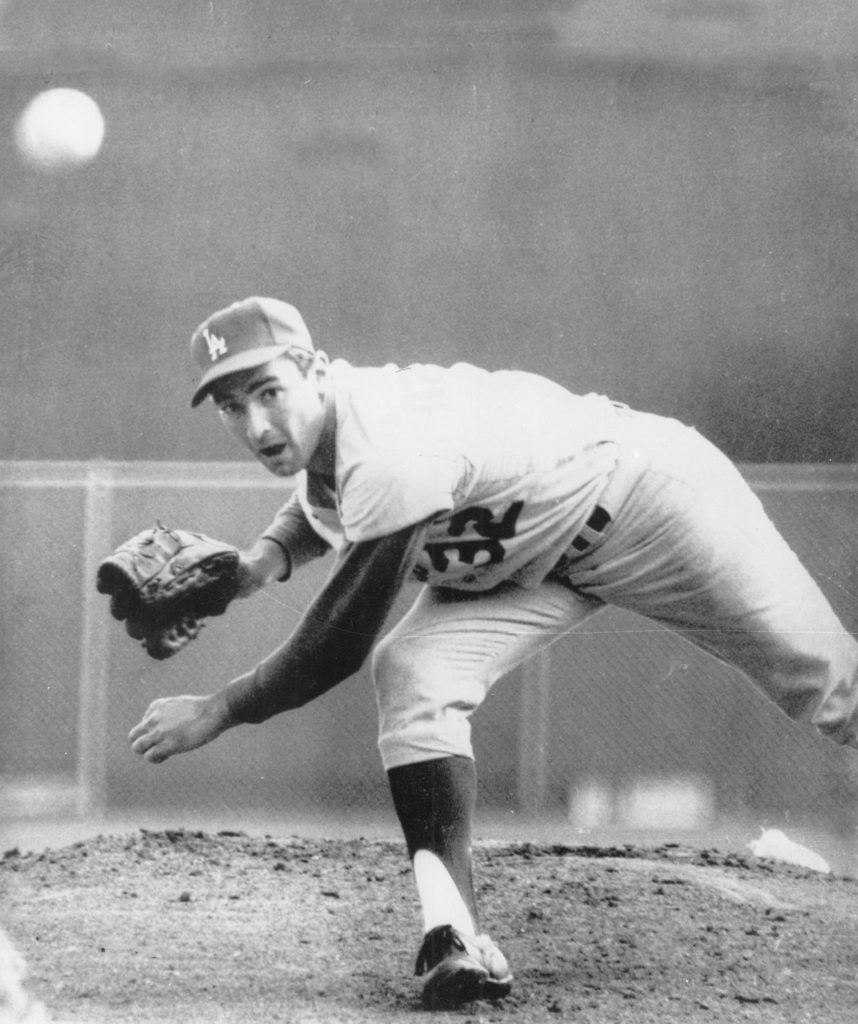THE BASEBALL HISTORY COMES ALIVE BLOG
Please note: As we compose new blog entries, we will now send each one out to all our subscribers as we post them. Here’s a link to see the entire Blog Archives -GL
February 2, 2021
Bill Gutman
THE SHORT CAREER HALL CALL
Just recently, a colleague of mine wrote an excellent essay on former Yankee first baseman and current Miami Marlins manager, Don Mattingly. Among other things, he noted that Mattingly, known as the Hit Man in his playing days, had six dominant seasons before a bad back robbed him of his power and a portion of his hitting talent. Mattingly toiled on for six more years, playing well but not approaching those six peak years. How good was his peak? This good. During that time, a majority of baseball people called him the best all-around player in the game, also noting his great fielding prowess at first base.
Yet since his retirement, Don Mattingly has never come close to getting a congratulatory call from the Hall of Fame. Most writers, when asked, have the same explanation. He just didn’t have Hall of Fame numbers for a long enough time. It’s an old question. Is a guy who compiles big numbers over a 20-year career but may never have been the best at his position, more of a Hall of Fame player than someone who dominates for a shorter time and has his career cut short or curtailed by injury? In the case above, I think Don Mattingly merits very strong consideration for the Hall.
But let’s take a look at two great pitchers, both of whom made the Hall of Fame despite dominating for a relatively short time. I’m talking about Sandy Koufax and Dizzy Dean. For the first six years of his career, which started at age 19, Koufax was a losing pitcher. His record for those years was 36-40 despite being one of the hardest throwers in the game. In 1965, he learned to harness his talent, not overthrowing, and combining his great fastball with a knee-buckling curve. He was 18-13 that year with a 3.52 earned run average, and led the league with 269 strikeouts.
Then, over the next five years, Sandy Koufax exploded. Not only was he the most dominant pitcher in the game, but one of the most dominant ever. His 1962 season was shortened by an injury, but he went 14-7 with a 2.54 ERA. Then over the next four years he was 25-5, 19-5, 26-8 and 27-9. He led the league in earn run average every year and it was under 2.00 three times. He also fanned for than 300 hitters three times, including a then record 382 in 1965. In 1966, Sandy was 27-9 with a 1.73 ERA, led the league with 323 innings pitched and fanned 317. Then he abruptly retired.
Apparently he had an arthritic elbow that had become so painful that he had to call it a career. His final record was 165-87, not normally Hall of Fame worthy numbers. But his total dominance those last five seasons made him an all-time great and a first ballot HOF selection. No one argued.
Then there’s the case of Dizzy Dean, one of baseball’s great characters and a great pitcher for a number of years. Unlike Koufax, Diz got off to a fast start. He was 18-15 as a 22-year-old rookie in 1932. He then won 20 or more games the next four years, including a great, 30-7 mark in 1934, the year the Gas House Gang Cardinals were World Champions. That made him the National League’s last 30-game winner. He was 20-18 the year before, then 28-12 in 1935 and 24-13 the following season. Diz was pitching well again in 1937 when a line drive off the bat of Earl Averill in the All-Star Game broke his toe. He tried to come back too soon and hurt his arm. He finished that year at 13-10, and for all intents and purposes his career was finished.
Dean pitched until 1941 and then had a one game cameo in 1947 before calling it quits for good, His combined record in those years was just 16-8, but he was far from the dominant pitcher he had been. He retired with a 150-83 record, a 3.02 earned run average and was elected to the Hall in 1953, getting 79.2 percent of the vote. But was Dean Hall worthy? Koufax dominance was off the charts. Diz had maybe two totally dominant years and two more excellent seasons. Sure, the arm injury robbed baseball of perhaps a generational pitcher, but some feel his election was influenced by his exuberant personality and later work as a broadcaster.
It’s a tough call. I’m not saying Dizzy Dean doesn’t belong, but by just looking at his body of work it can be hard to make a case. And if he’s in, why wouldn’t a guy like Don Mattingly, who was considered the best player in the game for six straight years, be on the Hall of Fame radar? The shortened career certainly makes for a difficult Hall call or, in Mattingly’s case, no call.
Bill Gutman
Let us know what you think. As always, we enjoy reading your comments
Here’s a link to see the entire Blog Archives

